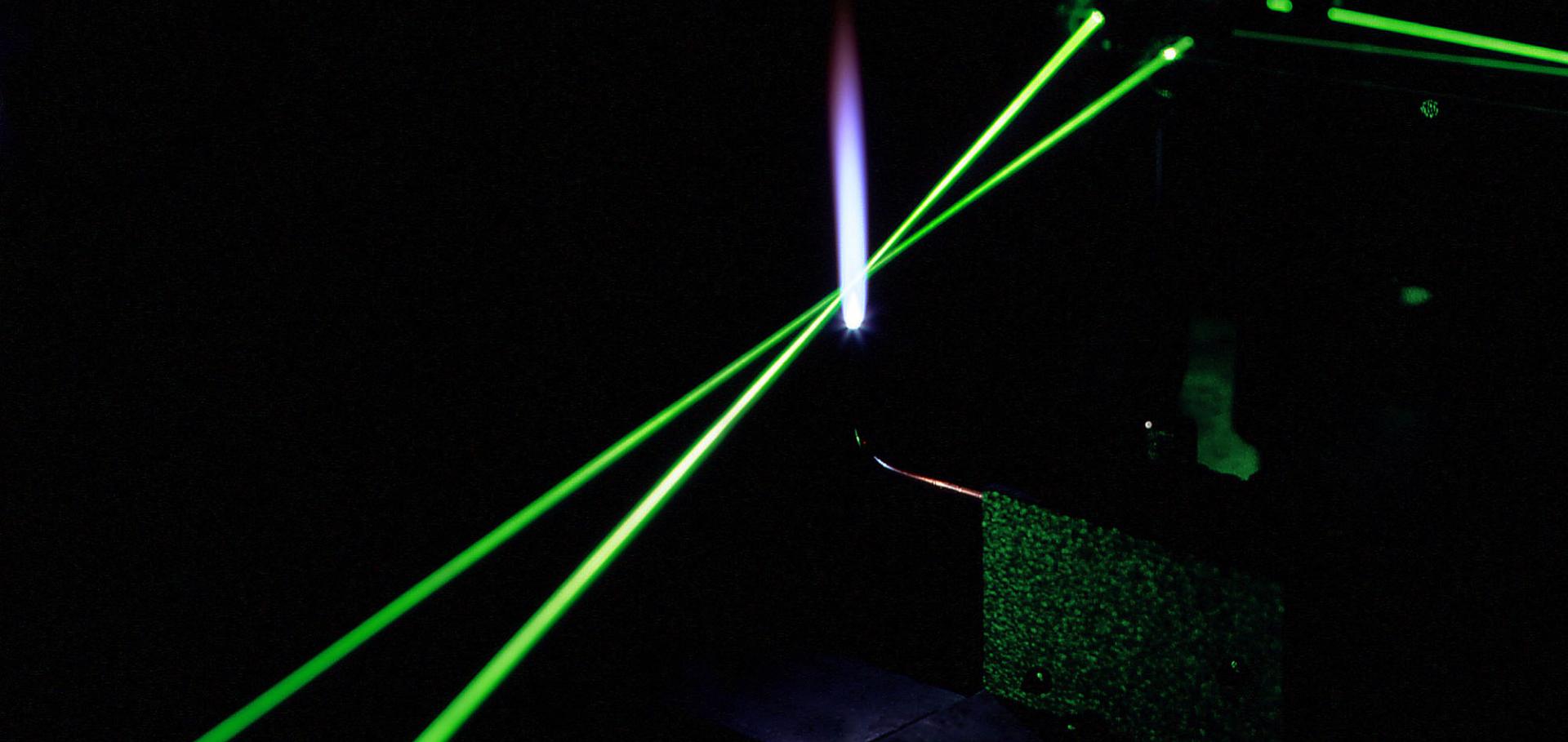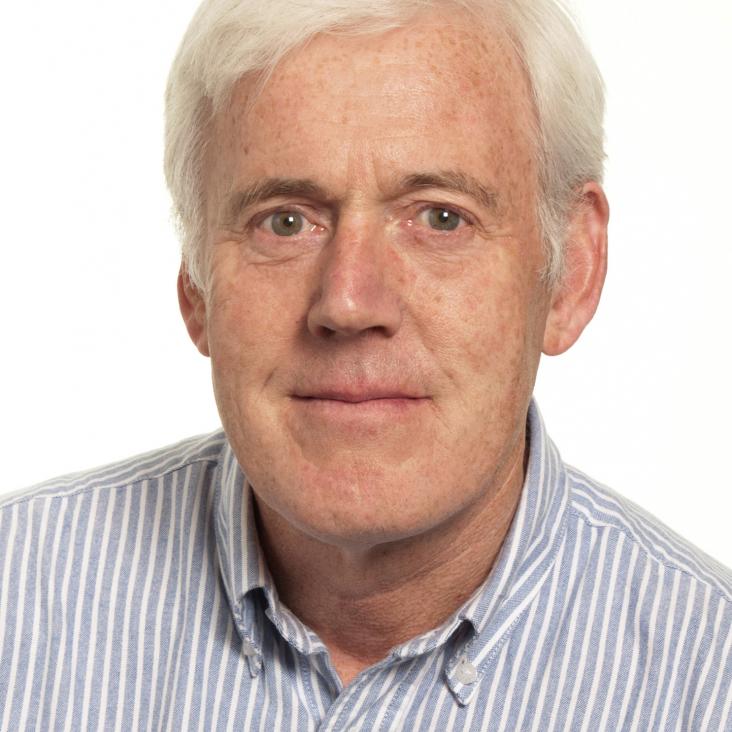IMPROVED PRECISION OF SINGLE-SHOT TEMPERATURE-MEASUREMENTS BY BROAD-BAND CARS BY USE OF A MODELESS LASER
APPLIED OPTICS 30:9 (1991) 1008-1010
OBSERVATION OF THE COLLAPSE AND FRACTIONAL REVIVAL OF A RYDBERG WAVEPACKET IN ATOMIC RUBIDIUM
JOURNAL OF PHYSICS B-ATOMIC MOLECULAR AND OPTICAL PHYSICS 24:3 (1991) L63-L69
Degenerate four wave mixing with pulsed lasers: Theory and applications
(1990) 72
Abstract:
Summary form only given. Resonant degenerate four wave mixing (DFWM) is a nonlinear optical process arising from the third order susceptibility χ(3). Resonance enhancement of χ(3) in absorbing media makes the process useful for spectroscopic applications. In many situations pulsed, high power lasers which have broad spectral bandwidths are used. The stochastic fluctuations of amplitude and phase associated with this bandwidth complicate the theoretical description in such cases. An averaging of the atom-field interaction is required simultaneously over the temporal and spatial variations of the fields. A solution has been found in the broad bandwidth limit which uses an appropriate decorrelation approximation. Theoretical and experimental results were obtained for the effects of laser bandwidth on the power dependence and temporal behavior of resonant DFWM. Time delayed FWM processes are often used to study ultra-fast relaxation phenomena. Using incoherent (broad bandwidth) light a temporal resolution which is limited only by the coherence time, which may be much shorter than the pulse duration, can be achieved. Autocorrelation measurements which give information on relaxation rates in the medium or on the spectral structure of the laser light itself may be made in such experiments. Experiments of this type, giving evidence of the effects of radiation trapping on the nonlinear process of DFWM, are described.DEGENERATE 4-WAVE-MIXING WITH BROAD-BANDWIDTH PULSED LASERS
PHYSICAL REVIEW A 42:5 (1990) 3018-3026
MULTIPLEX DEGENERATE 4-WAVE-MIXING IN A FLAME
OPTICS LETTERS 15:23 (1990) 1403-1405


